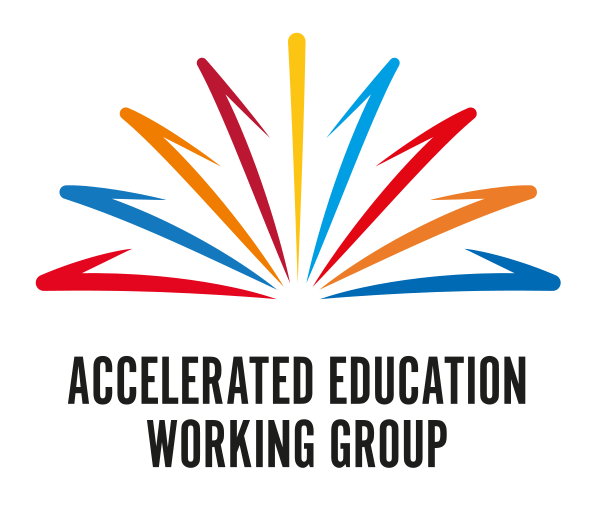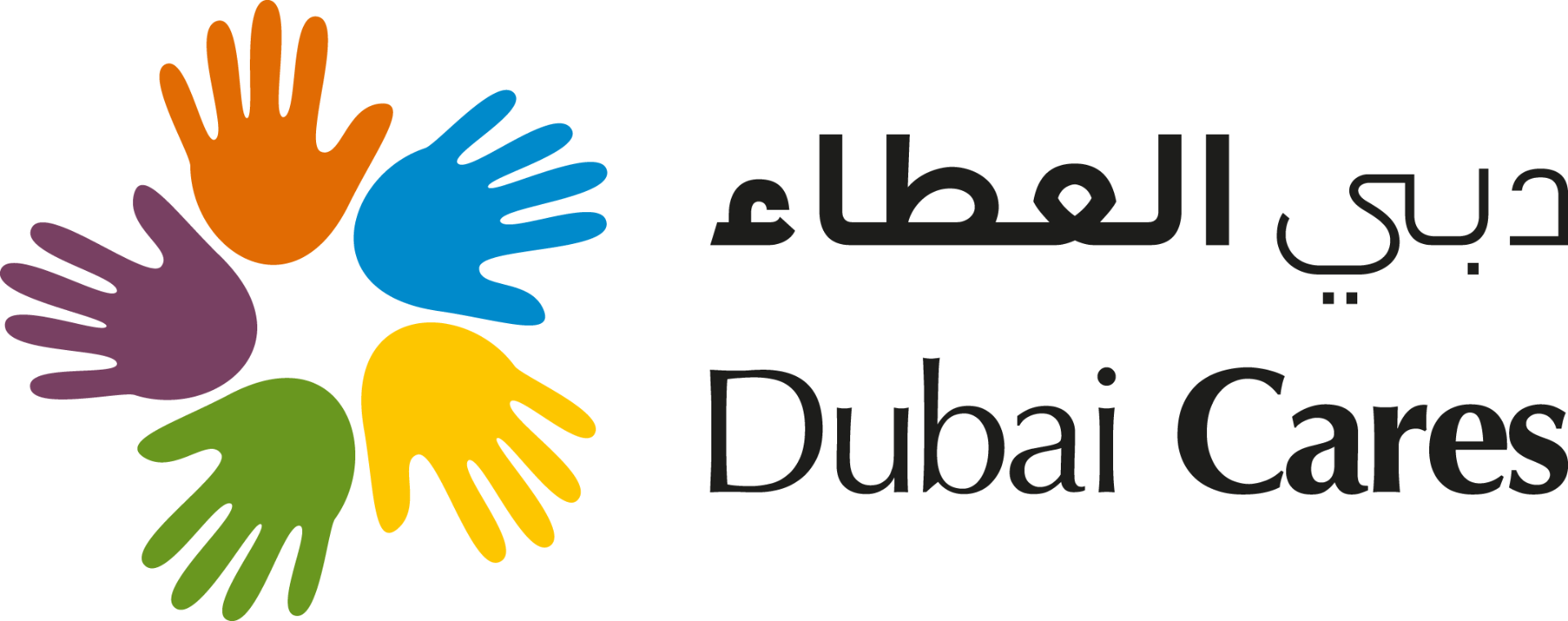Opportunities and Challenges to Support Out-of-school Children and Youth through Accelerated Education Programmes:
Case Study of Nigeria
This report presents findings from the first phase of research in Nigeria. Based on an extensive review of data and documentation from existing AE and NFE programming in the country, a thorough review of national education policies and legislative frameworks, and interviews with key informants, key findings include:
- Current non-formal education pathways, systems and structures do not sufficiently account for the needs of over-age children and youth;
- Funding for the limited AEPs which are currently available in Nigeria is confined to emergency, humanitarian response and driven largely by short-term donor support; and
- Return back into formal education for graduates of AE programmes may not be the most appropriate or relevant pathway for children and youth who have not been well accommodated in the formal education system to begin with.
At the same time, the report acknowledges that there is strong political ownership and leadership over better supporting out-of-school children and youth, and this, along with recent developments to harmonise AE programming, provides a strong impetus to support systemic change in the country.
Date: March 2022
Author(s): Chima Jones Egbujuo (Ph.D.)
Preferred citation: Egbujuo, Chima Jonas. Opportunities and challenges to support out-of-school children and youth through accelerated education programmes: Case Study of Nigeria. University of Auckland and Accelerated Education Working Group (AEWG), 2022.

![INEE Logo Horizontal English, FullColor [web]](https://access-education.auckland.ac.nz/files/2022/07/INEE-Logo-Horizontal-English-FullColor-web.png)

